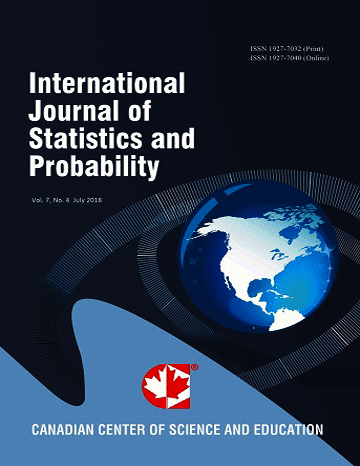Interactions Between Water Level, Crude Oil, and Hydroelectric Power Generation in Ghana; A Structured Vector Auto Regression Approach
- Smart Asomaning Sarpong
- Akwasi Agyei
Abstract
Countries that suffer disturbances in their power generation are less likely to meet many of the sustainable development goals and general economic growth. This study used a three-variable SVAR model to examine the interactions of water level, crude oil and power generated from the Akosombo hydroelectric generation Dam in Ghana. Data used for this span from January 2010 to December 2019. From the results, none of the three important variables studied was found to be completely independent; dam level and crude oil are adjusted to absorb power generation shocks. All three variables drift away from their normal levels to contain shock before returning to their desired levels at varying time points. It has also been established that Dam water level shocks leads to a negative response in both power generation and crude oil in the short run. Overall, shocks to crude oil explains much of the variability in power generation than shocks to dam water level. These findings convey that there is exist very useful interactions among the three-variables studied in this paper. Policy makers should institute effective measures for early detection and intervention of the short-term power disturbance that characterizes the hydroelectric power generation to ensure a sustainable power and growth of the Ghanaian economy.
- Full Text:
 PDF
PDF
- DOI:10.5539/ijsp.v11n3p22
Index
- ACNP
- Aerospace Database
- BASE (Bielefeld Academic Search Engine)
- CNKI Scholar
- DTU Library
- Elektronische Zeitschriftenbibliothek (EZB)
- EuroPub Database
- Excellence in Research for Australia (ERA)
- Google Scholar
- Harvard Library
- Infotrieve
- JournalTOCs
- Mir@bel
- Open policy finder
- ResearchGate
- Technische Informationsbibliothek (TIB)
- UCR Library
- WorldCat
Contact
- Wendy SmithEditorial Assistant
- ijsp@ccsenet.org
